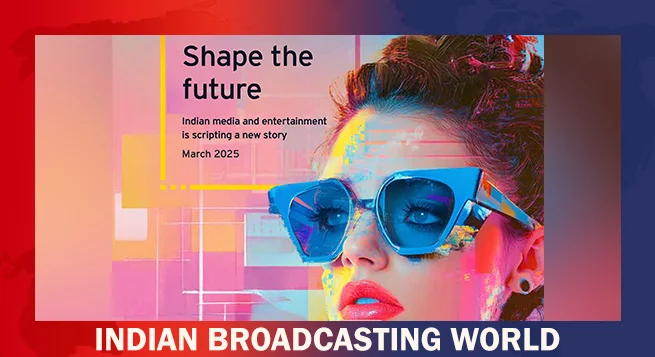Technology that merges the virtual and physical worlds could start to become a reality for consumers in a few years, Facebook owner Meta Platforms Inc. has told advertising agencies, giving more details of its vision for the creation of the metaverse.06
Mixed reality (MR) technology could allow a person wearing an MR headset to use a real world object to trigger a virtual world reaction, like hitting a video game character with a real world baseball bat, for instance.
It is one of three types of extended reality technologies often associated with the metaverse. Augmented reality exists, with mobile games like Pokemon Go, but players cannot affect the digital world with a physical object. Virtual reality headsets, like Meta’s Oculus, immerse users into a fully virtual world where they can interact with the environment.
The comments from Meta came on a Zoom call with ad agencies last week, which was scheduled to help advertisers better understand the metaverse, said an agency executive who attended the call, Reuters reported.
It was Meta’s first roundtable discussion with agencies about the metaverse.
The estimate of mixed reality being a few years away brings additional detail to the timeline of building the metaverse, the futuristic idea of a network of virtual worlds that can be accessed from different devices, which Meta has said could take a decade to build.
Some mixed reality headsets are available, but are not yet geared toward general consumers. Microsoft’s HoloLens 2, which was introduced in 2019, retails for $3,500 and is geared for workplace use.
At its annual Connect conference in October, Meta announced Project Cambria, a headset that will feature mixed reality capabilities and include face and eye tracking. The headset is expected to be released this year.
In the meantime, Meta continued to advise advertisers to experiment with augmented reality ads, such as photo and video filters that overlay digital images onto the real world, the ad agency executive said. The comments reiterated Meta’s pitch at ad industry conferences.
Meta said brands could partner with content creators on AR ads or use the technology for virtual clothing try-ons.
The roundtable with agencies lacked detail on what ad formats could be built for the metaverse, or what specific controls would be in place to prevent brands from appearing next to unsuitable content or actions, the agency executive said.
A Meta spokesperson declined to comment.
 DD FreeDish subs base 49mn homes; likely to reach 53mn: FICCI-EY report
DD FreeDish subs base 49mn homes; likely to reach 53mn: FICCI-EY report  Akashvani’s Aradhana channel to air special Navratri shows
Akashvani’s Aradhana channel to air special Navratri shows  Digital overtakes TV as Indian M&E growth slows down
Digital overtakes TV as Indian M&E growth slows down  News18 India dominates hindi news viewership, retains No. 1 spot ahead of Aaj Tak
News18 India dominates hindi news viewership, retains No. 1 spot ahead of Aaj Tak  Kaushik Moitra to head regulatory practises at B&P
Kaushik Moitra to head regulatory practises at B&P  ‘Kannappa’ release postponed, new date soon
‘Kannappa’ release postponed, new date soon  aha introduces ‘Pocket Pack’ at Rs.67
aha introduces ‘Pocket Pack’ at Rs.67  Asim Riaz, Rajat Dalal, Rubina Dilaik, Abhishek Malhan to lead ‘Battleground’
Asim Riaz, Rajat Dalal, Rubina Dilaik, Abhishek Malhan to lead ‘Battleground’ 









